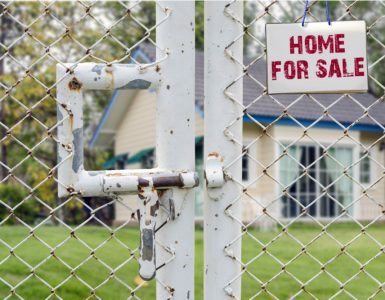Are you an active-duty member of the armed forces or a veteran? If so, you’ve probably heard of VA loans and their homebuying powers.
Many military members and their families have used VA loans to own their dream homes. And with zero percent down payments, low interest rates, affordable closing costs, and no need for private mortgage insurance (PMI), you can’t blame them.
There are other forms of financing out there, though, so taking the VA route may not be an automatic choice. To help you make the best choice, let’s delve deeper into what VA loans have to offer.
The Characteristics of a VA Loan
Can anyone get a VA loan? No, as eligibility is usually limited to veterans, service members, and surviving spouses in some instances.
VA loans cannot be used for just any purpose, either. You can use one to help you buy your primary home. You cannot use it for a second residence or income property, though.
While the eligibility and use of VA loans are a bit restricted to certain people and purpose, banks, mortgage companies, and other private lenders aren’t as strict when it comes to approval. This is because the government backs up to 25 percent of a VA loan in case of default.
With that added guarantee in place, banks can grant VA loans to prospective homeowners with lower credit scores. And they can do it minus the need for private mortgage insurance that can add to the overall cost of owning a home.
If you don’t have much saved for a down payment, a VA loan can be just what the doctor ordered. With zero percent down payments, VA loans are often the financing option of choice for many with slim savings. While other lenders may frown upon high total debt-to-income and mortgage payment-to-income ratios, those who offer VA loans do not.
An Additional Cost of VA Loans
As mentioned, you won’t have to pay monthly PMI on a VA loan. You will, however, have to pay the VA a funding fee (usually between 2-3 percent) that’s added to the front of the loan and compounds on a monthly basis.
This funding fee can make a VA loan’s annual percentage rate (APR) higher than other loans, even though it may have a lower interest rate. The interest rate is how much you pay per year to borrow money, while the APR includes interest and any fees in its calculation.
The funding fee could be seen as a downside to VA loans, but you can have it waived if you:
- Are a veteran who receives compensation from the VA for a disability connected to your time in the military.
- Are a veteran receiving active-duty or retirement pay, but you would be entitled to receive VA compensation for your disability.
- Are a surviving spouse of a veteran who passed during or from a disability related to service.
Even if you can get the funding fee waived, remember that military life can frequently take you to new destinations. If you’re still active in the service, buying a new home that you may have to move out of soon may not be the best choice.




